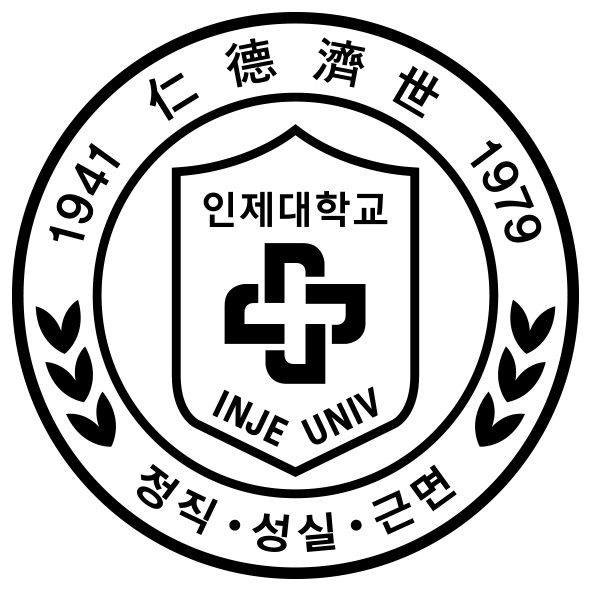
Friday, March 1, 2024, the Faculty of Public Health (FPH) Universitas Indonesia (UI) in collaboration with SUN Academia & OP Network Indonesia held an Online Seminar FPH UI Series 4. This online seminar, which was attended by more than 100 participants, presented two expert speakers in the field nutrition.
“Through this collaborative relationship, FPH UI and SUN Academia & OP Network Indonesia will always disseminate research and community service that has been carried out, especially related to nutrition, to the community,” said Dr. Ir. Asih Setiarini, M.Sc., Deputy Dean for Education, Research and Student Affairs FPH UI and Coordinator of SUN Academia & OP in his speech. “Talking about nutrition means not being separated from discussing food. In fact, the changes in weather that we experience have an impact on the food that can be consumed. This is quite a challenge. For this reason, we cannot depend on nutrition on just one type of food. “Start creating a rainbow on your plate, so what we consume now must be of various types,” added Dr. Love.
Food is an important part of life, but it has a significant impact on the environment, especially regarding climate change. Food waste that is not processed properly can be an indicator of the causes of climate change which has an impact on food availability itself. This was conveyed by Dr. Avliya Quratul Marjan, S.Gz., M.Si., Lecturer in Nutrition Science, Veteran National Development University, Jakarta, on the topic “Food Security, Food Waste, and Climate Change”.

“Climate change has a significant impact on food security and threatens future food security. “The current shift in rain or dry season results in climate change which can disrupt agricultural production, increase the risk of natural disasters such as floods and droughts, and hinder people’s access to safe and nutritious food,” said Dr. Avliya. “The decline in agricultural production due to climate change also reduces the level of food security, which is an important factor in the sustainability of a nation or state. “So, promoting local food as a regional food security strategy is an important step because of its good resilience and potential to adapt to climate change,” he continued.
Local food promotion is a solution to maintaining food needs and security in regional areas. Other things that can be done are sustainable agricultural practices, sustainable land use, food systems and dietary changes, as well as public education and awareness.
Doctor Ir. Yayuk Farida Baliwati, M.S., Lecturer in Nutrition Science, IPB University delivered her material with the title “Diversification of Food Consumption (Population)”. Based on Law 18 of 2012 concerning Food, Article 60 (1), states that the Government and Regional Governments (Pemda) are obliged to realize the diversity of food consumption to meet the nutritional needs of the community and support healthy, active, and productive lives. The diversification of food consumption as intended in paragraph (1) is directed at increasing public awareness and cultivating the consumption of food that is diverse, nutritionally balanced, and safe and in accordance with the potential and local wisdom stated in Article 60 (2). These two regulations have been firmly implemented by Indonesia for 11 years from 2011 to early 2024.

“Diverse food consumption is part of a food system which consists of food supply chains and food environments which of course has many controllers, including Political, Programs, and Institutional Actions which will have an impact on the diversification of food consumption and impact on the condition of nutritional status and nutritional health. population, and the environment which includes the socio-economic and physical environment. “This is the framework for food diversification,” said Dr. Yayuk. “Based on this conceptual framework, changing the perspective of healthy diets to sustainable diets has become a necessity,” she explained.
Sustainable Diets are eating patterns that have a low impact on the environment, namely by contributing to food security and providing sufficient healthy and nutritious food for current and future generations. The impact that Sustainable Diets can have been reducing the carbon footprint, water footprint and ecological footprint.
Diversity is one of the nutritional principles of food consumption standards in Indonesia. At the regional level, this principle is measured and monitored with the Expected Food Pattern (PPH), namely the arrangement of food diversity based on the proportion of energy balance from nine food groups considering aspects of acceptability, food availability, economy, culture and religion. At the individual level, the measurement is based on the contents of my plate B2SA (Diverse, Nutritious, Balanced and Safe), which is a combined program of health promotion activities in the community. “In 2023, the direction for the transformation of healthy and sustainable eating patterns is to maintain fruit and vegetable consumption, double the consumption of nuts, and reduce red meat consumption,” explained Dr. Yayuk.

